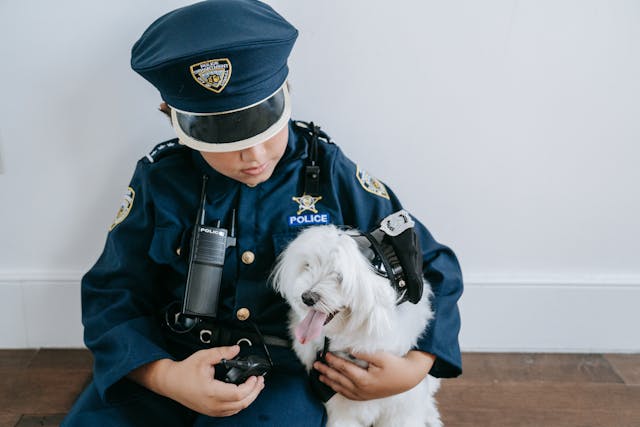In today’s security landscape, technology plays an important role. However, it cannot replace the precision and adaptability of well-trained human and canine teams. Canine allies offer advantages that no camera or motion detector can match—especially in dynamic, high-risk environments or residential setups requiring layered protection.
Dogs Fill Gaps That Technology Misses
Automated systems require predictable patterns and clear triggers. In contrast, dogs assess context, scent, and behaviour in real-time. Their presence helps identify threats that avoid standard detection—like tailgaters, slow-moving intruders, or individuals hiding in blind spots. When paired with security guards, they extend the team’s sensory reach well beyond cameras or alarms.
Teams Train for Synchronisation, Not Just Obedience
Protection dogs don’t just follow orders—they train with their handlers to perform coordinated routines. These teams rehearse scenarios tailored to the environment they protect. For example, in residential security, the dog may lead in narrow hallways, while the human secures open exits. The roles are flexible but intentional, ensuring efficient response under pressure.
Canines Deter Before Force Is Necessary
Many breaches are prevented not by intervention, but by deterrence. The visible presence of canine allies reduces the likelihood of attempted intrusion. Criminals are far less likely to target properties where a fast-reacting, trained dog is present. This reduces confrontation and increases safety for occupants and guards alike.
Useful in Homes With Poor Power Stability
In South Africa, where power outages are frequent, canine teams offer uninterrupted surveillance. Unlike electronic systems, dogs remain alert regardless of load shedding or system failure. This makes them reliable assets in households that depend on consistent protection, especially after dark.
A Specialised Role in Team-Based Security
Dogs are not general-purpose tools. They perform best when part of a trained, consistent team. The strongest outcomes come from integrated operations—where guards, dogs, and the property owner understand and respect each role.
Canine allies remain essential in modern private security. Their effectiveness lies not just in what they can do alone, but in how well they work with the humans around them.

